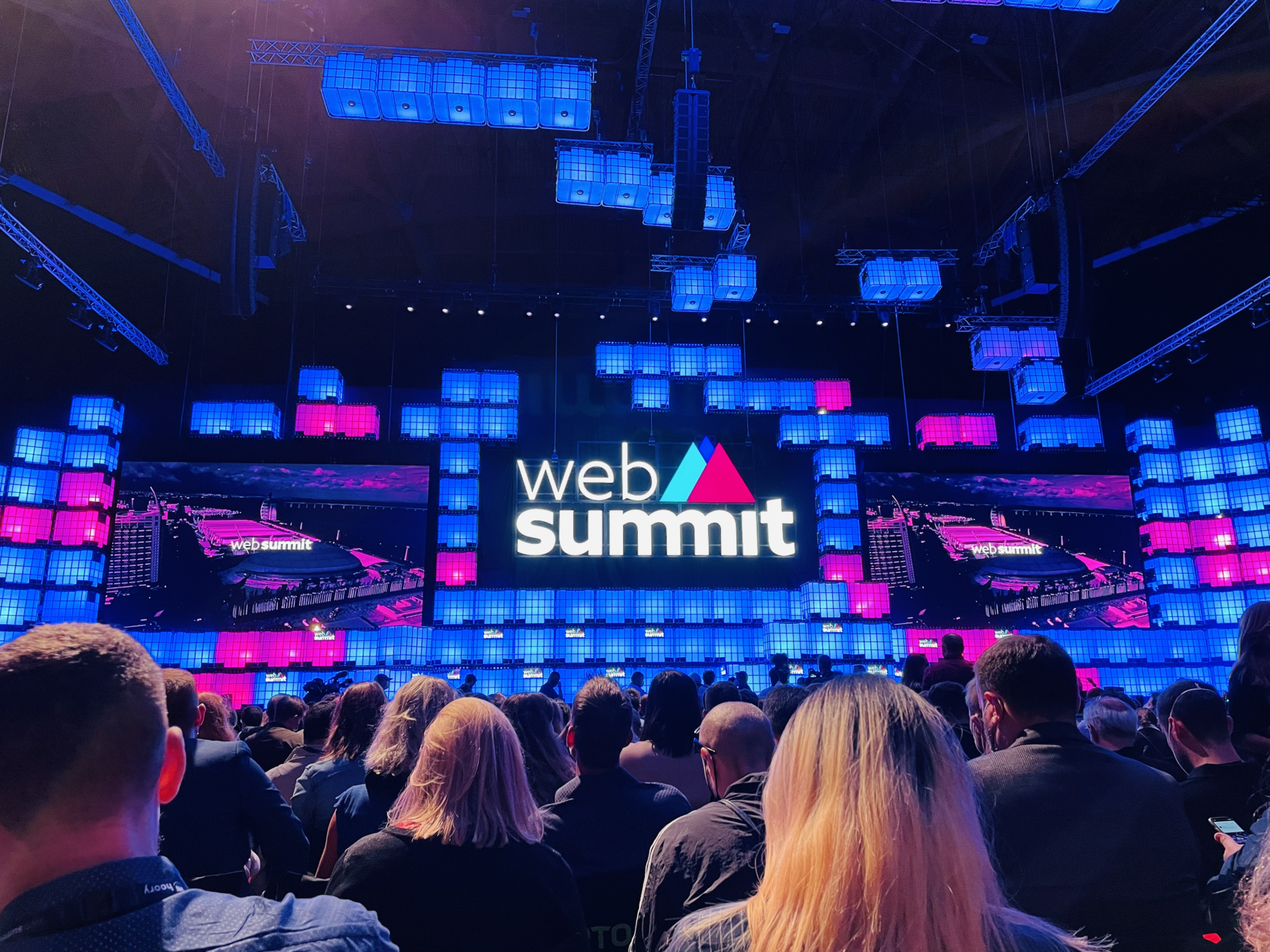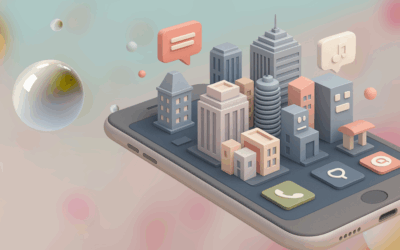We came back from the Web Summit conference with the hottest trends in the tech scene!
Just two months ago, one of the biggest tech events in the world – Web Summit, took place in Lisbon again. Bringing over 42 000 innovation enthusiasts from 128 countries together with experts and leaders in different industries, motivational speakers, and inspiring startups. This was also the first year where Web Summit succeeded in attracting a large women audience which took 50.5 % of an overall attendance – a unicum in the tech scene!
We had the opportunity to attend this year’s Web Summit and share our impressions from a service designer’s and technical analyst’s point of view. This is a little sneak peek of what we can expect in the future of tech.
Time for change
With the international climate conference COP26 taking place at the same time, the climate was high on the agenda. Founders were questioned on how they will take on a more sustainable approach. Promising startups were also showcasing their solutions on how to tackle today’s biggest climate problems. But not only the problems of climate change were highlighted during this year’s Web Summit. There is another danger looming in the background: data privacy versus big tech. With Facebook announcing “Meta” a couple of days before the conference, the line-up of speakers was very fascinating. Listening to today’s whistleblowers and big tech executives, who painted a picture of how this topic is only getting more important.
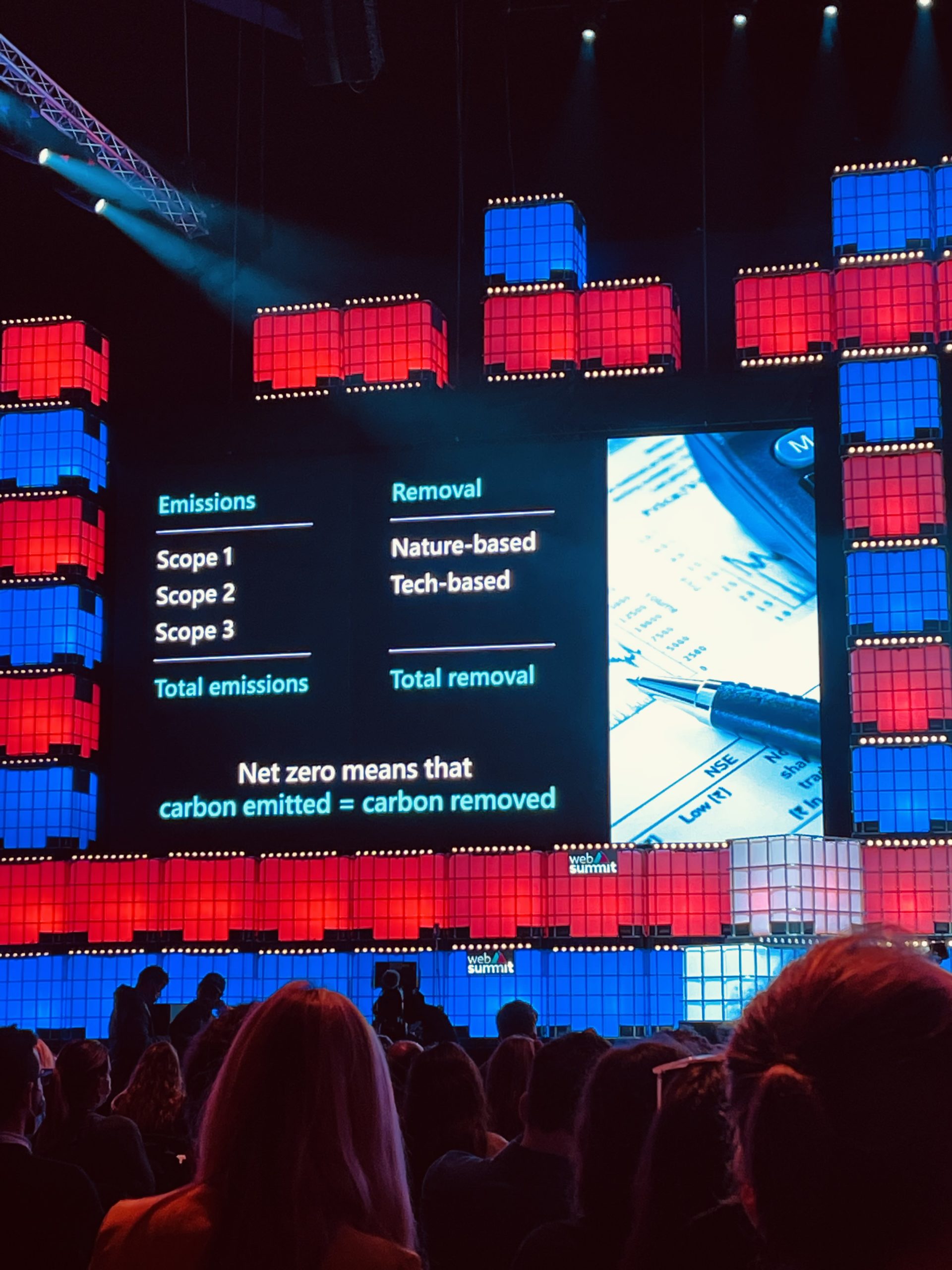
Inclusivity beyond design
Inclusive design and digital accessibility aren’t just the next hot trends, they are becoming the norm. Being a highly celebrated transition, it’s opening doors for other aspects: inclusivity across tech. Meaning hiring diverse profiles, challenging the status quo, and innovating from the inside. There were a lot of talks and masterclasses taking on this topic, advising companies on how to approach this. They challenged the typical “company fit” perspective of hiring.
“Diversity doesn’t just come from a diverse set of data but having a diverse team is as important. Embrace the misfits and challenge the status quo.”
Natasha Chetiyawardana
Transforming healthcare industry
One of the most challenging but also most gratifying fields to introduce technical innovation is the healthcare industry. It took many years to come to where we are now, but the future looks bright. With many companies taking up this challenge, we picked one that stood out.
Ana Maiques from Neuroelectrics introduced a Neurotwin: a copy of our brain where the activity of its different parts can be monitored in real-time. Therefore we would be able to stimulate this activity by inputting electricity in those parts. This can have a huge impact on preventing people from having seizures, treating brain dysfunctions, and even curing patients with depression.
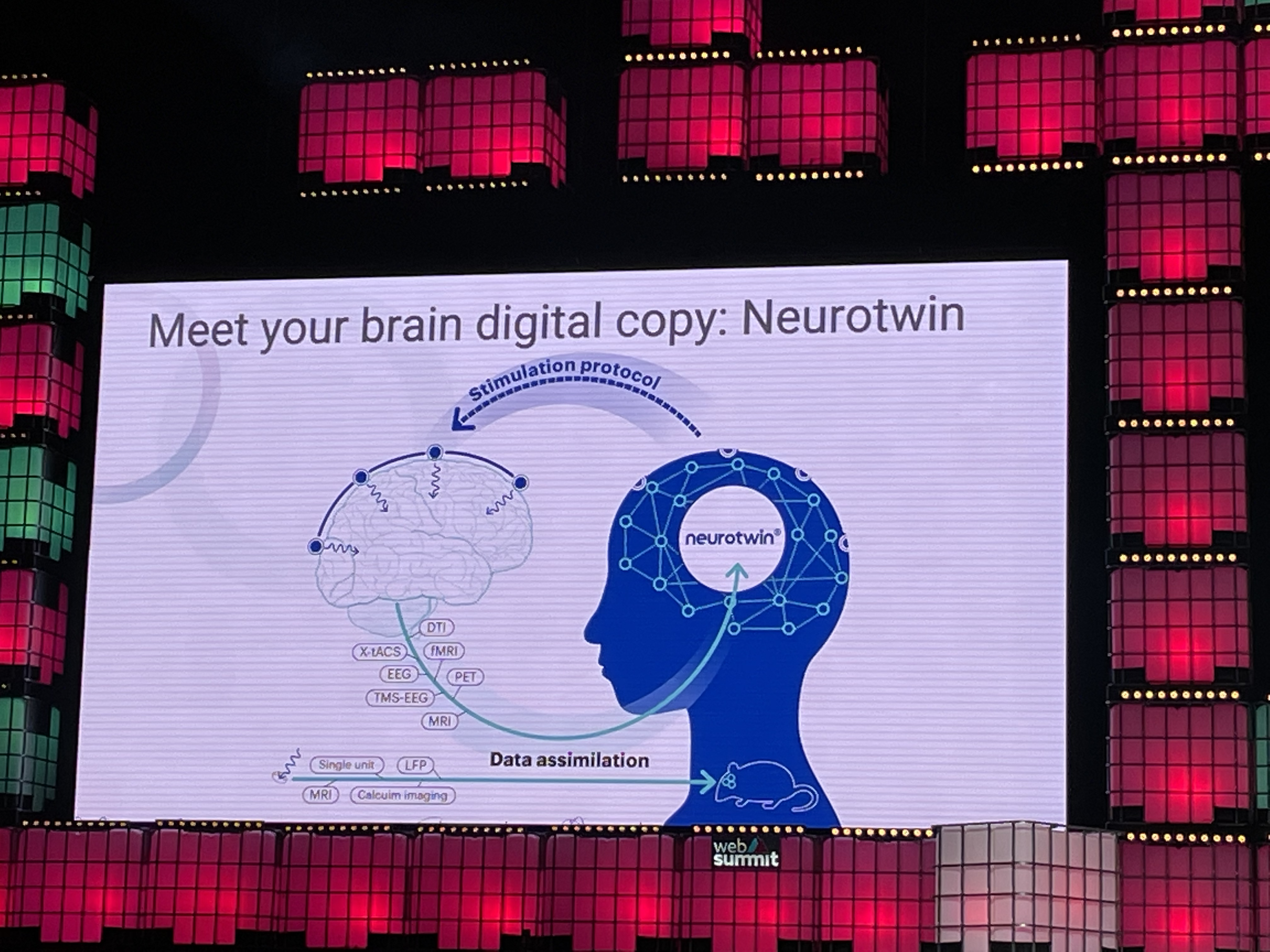
Understanding the main challenges of innovating the healthcare industry with technology is crucial. The way of working is very different. Whilst tech people work in a fast and iterative way, often with a motto: “Fail fast, learn fast”, scientists and medics must take a slower and more thorough approach.
Data Analytics and AI
With the digitalization of the world, data became the main source of knowledge and learning. Following that, Artificial Intelligence (AI) became a hot topic all around the world. It’s hard to find an industry that hasn’t been affected by AI. We saw that companies realize its big potential, especially when the personalization of products is becoming more important and even necessary to achieve customers’ satisfaction.
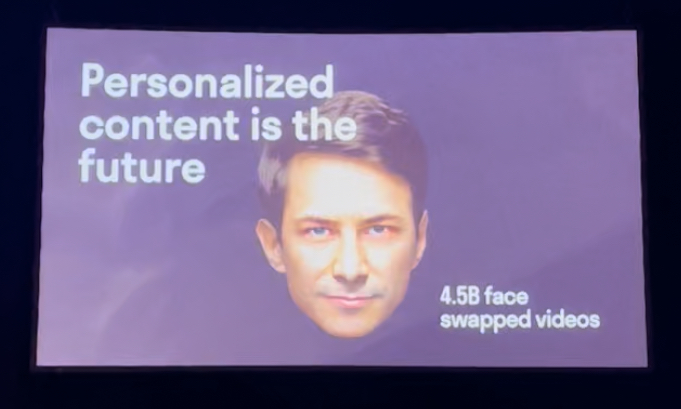
However, it’s important to also talk about building ethical AI and avoiding biases. For example, Shutterstock – a company that gathers pictures and sells them for purpose of training neural networks on them, addressed this issue. They currently own 400 mil. images and 20 mil. videos. To have an as diverse set of images and videos as possible, they hire photographers all over the world and ask them to take pictures of the same things from their point of view. They are combining art with technology which is a very interesting concept.
See you again next year!
Altogether, being at Web Summit was an incredible experience which we can only recommend to anyone interested in tech. The conference was not just about the speeches, but also about getting to know inspiring and passionate people within the industry of interest and building connections with them.
We hope you got a gist of how Web Summit looks like, and we hope to see you there next year!
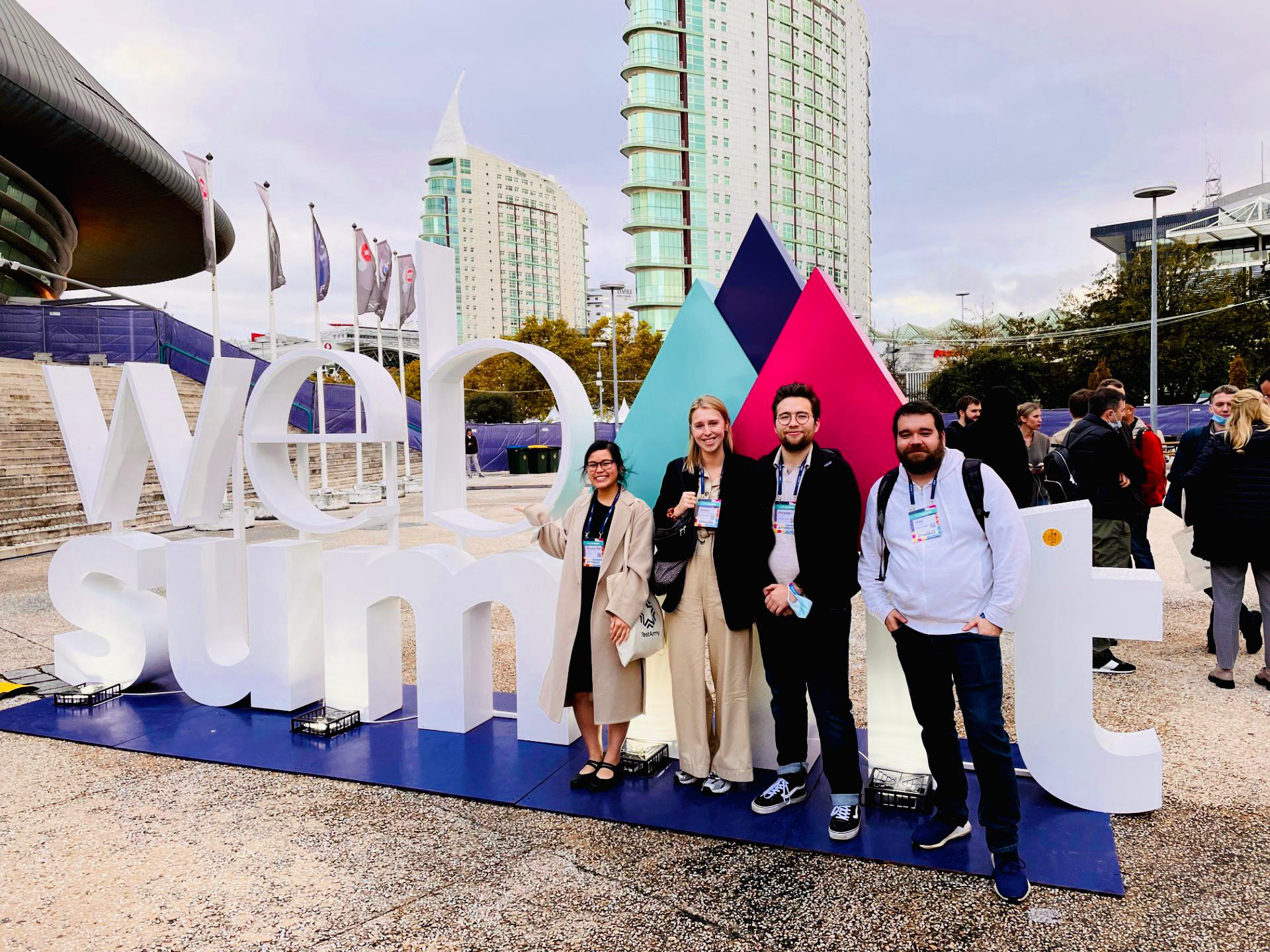
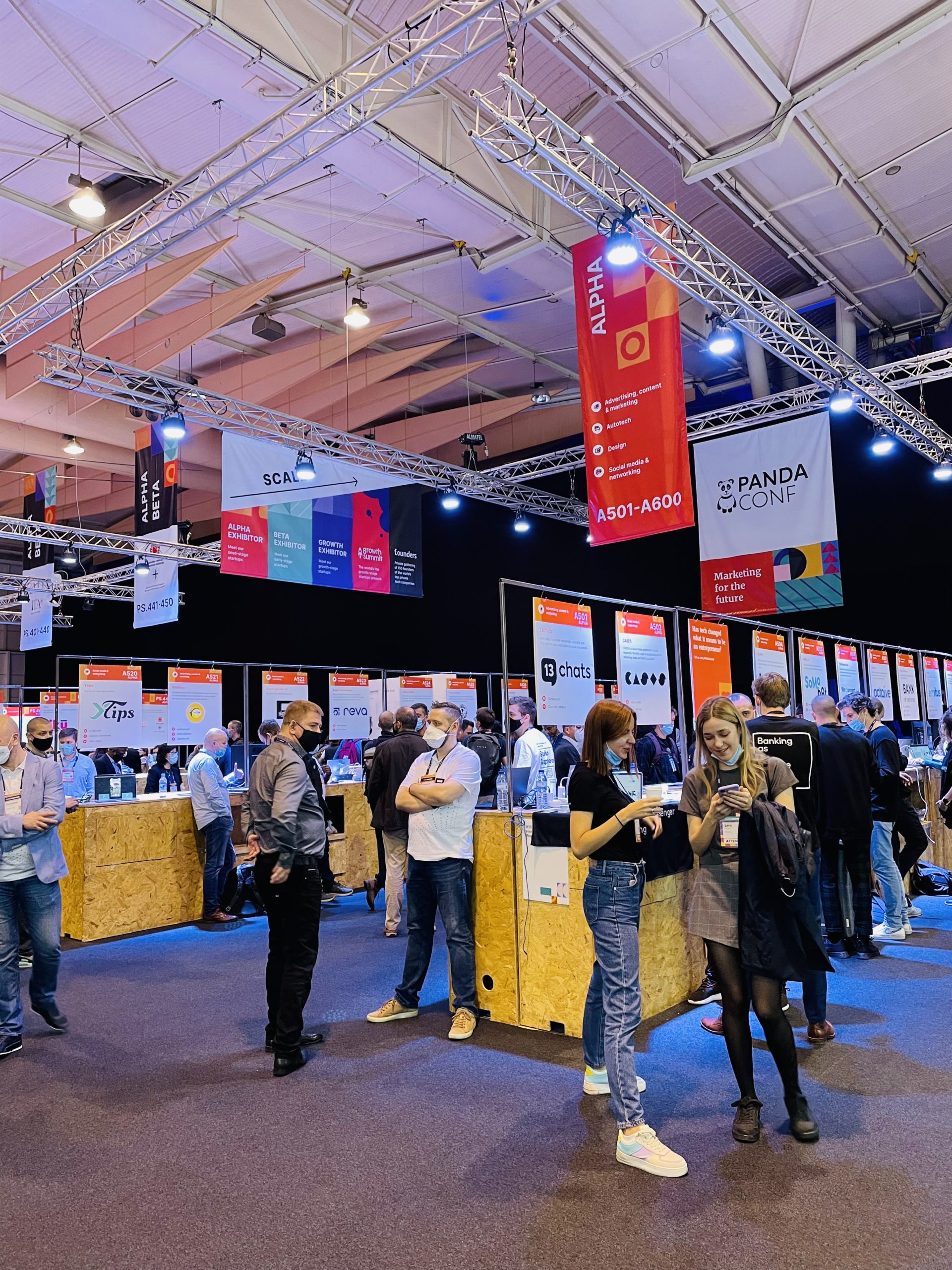
This article was brought to you by Justine Hoppenbrouwers and Hoang Phuong Thao.

